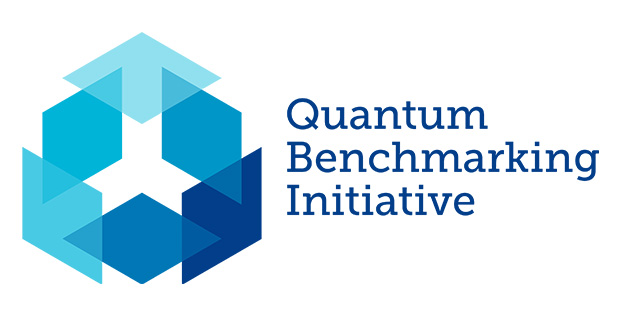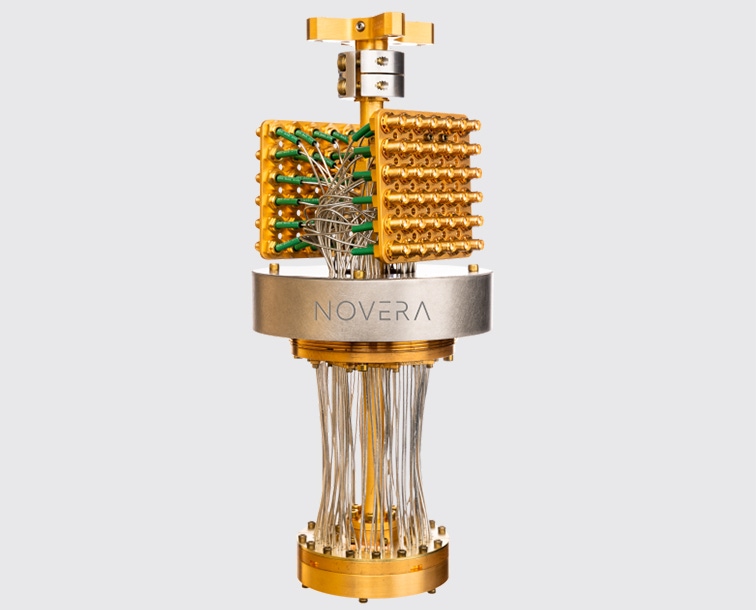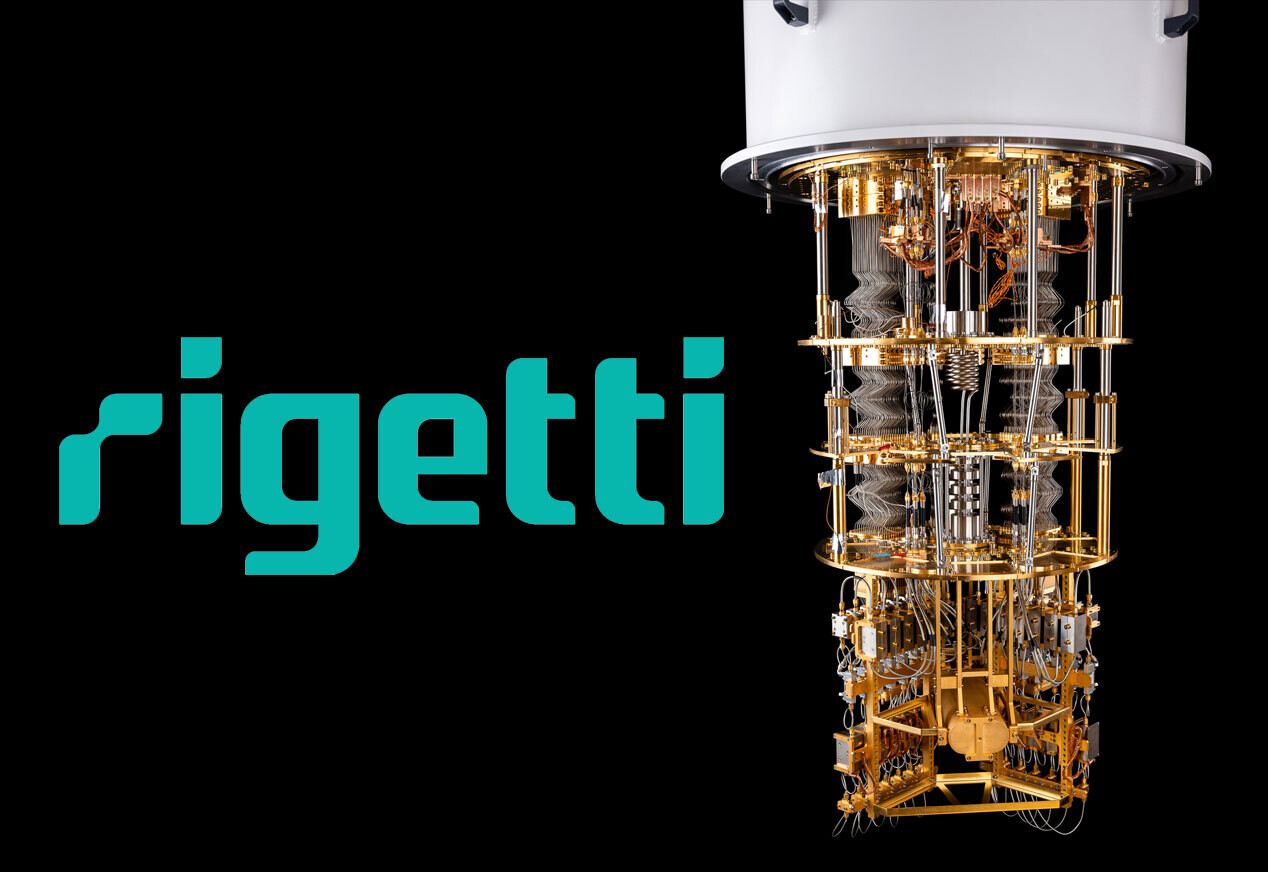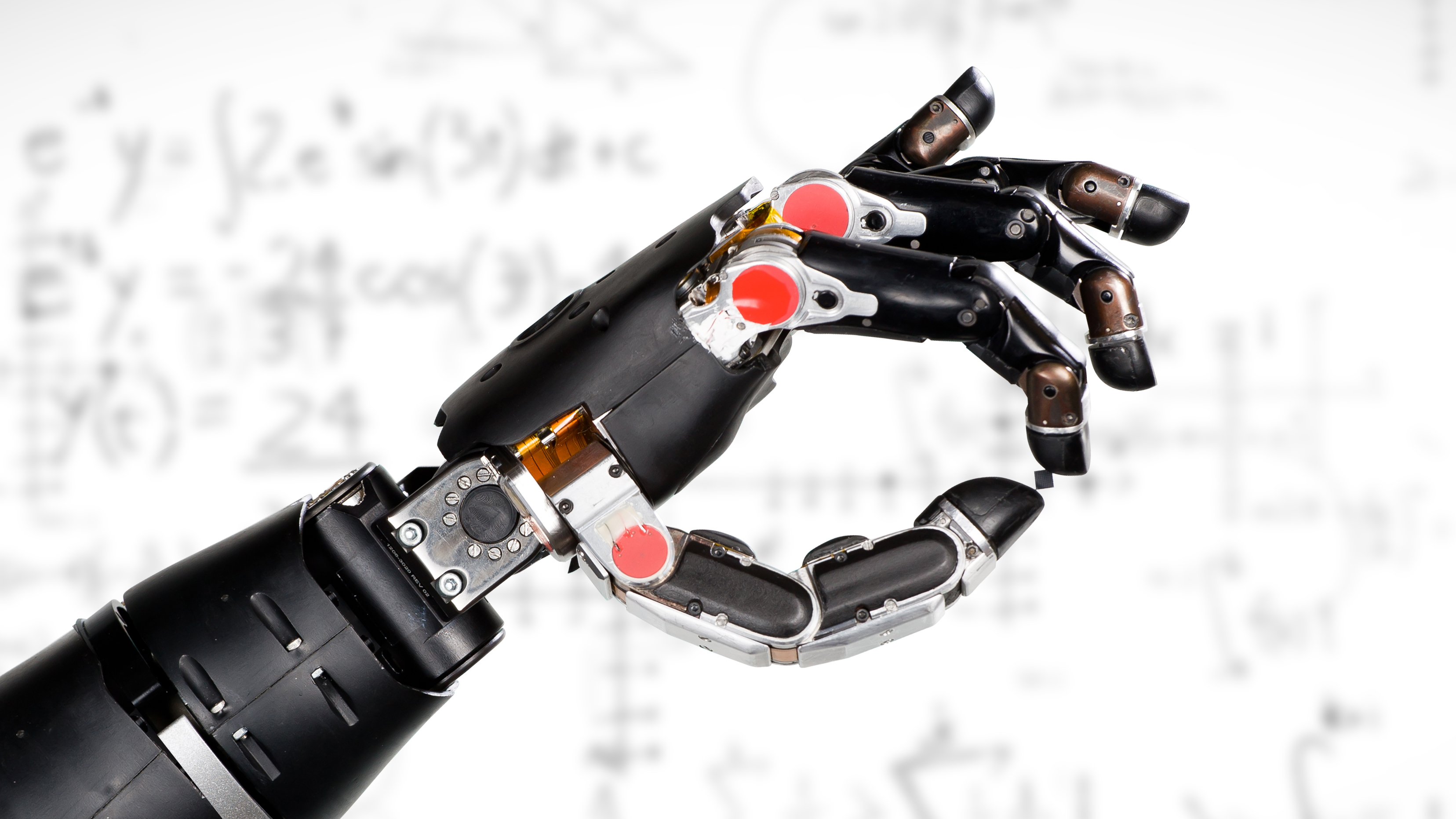Rigetti Computing Darpa Quantum Benchmarking Initiative
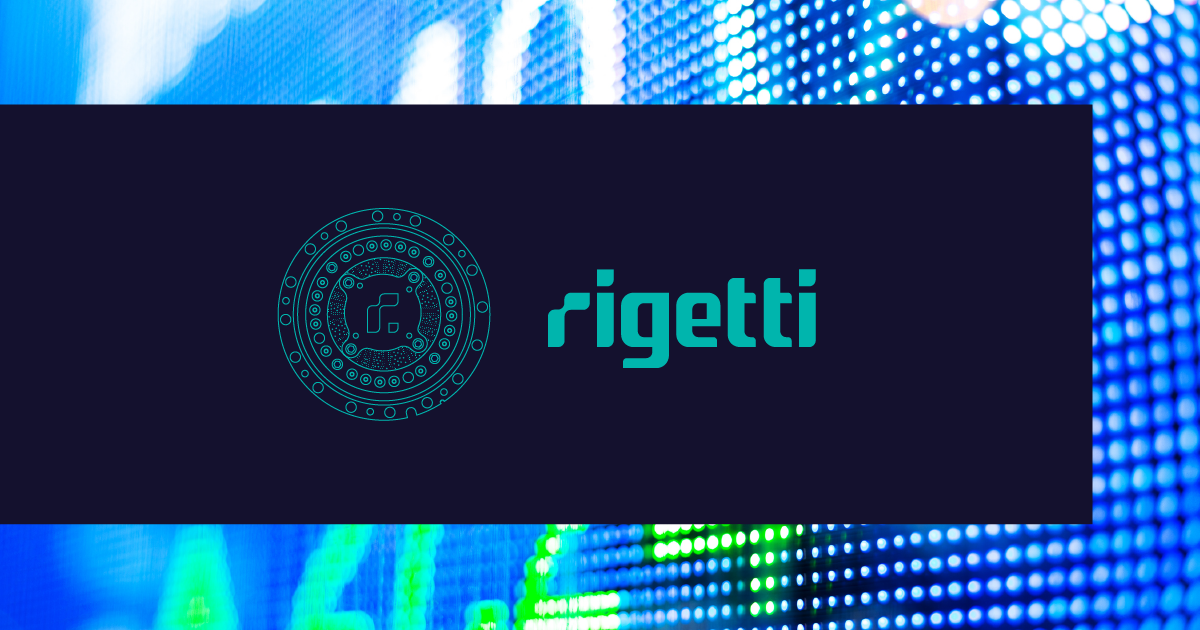
Imagine a crisp autumn afternoon. Scientists huddle around monitors, their faces illuminated by the glow of complex algorithms. The air crackles with quiet anticipation. They're not searching for extraterrestrial life, nor are they decoding ancient languages. Instead, they are pushing the boundaries of quantum computing, meticulously testing and benchmarking these nascent machines in a quest to unlock their immense potential.
At the heart of this effort lies a significant collaboration: Rigetti Computing's involvement in the Defense Advanced Research Projects Agency (DARPA) Quantum Benchmarking program. This initiative aims to establish rigorous, standardized methods for evaluating the performance of quantum computers. These efforts are crucial for understanding their capabilities and paving the way for real-world applications.
The Quest for Quantum Supremacy: Beyond the Hype
Quantum computing, once confined to the realm of theoretical physics, is rapidly transitioning into a tangible technology. The promise is revolutionary: solving problems currently intractable for even the most powerful classical supercomputers. This includes breakthroughs in medicine, materials science, and artificial intelligence.
However, navigating the landscape of quantum computing requires a critical eye. Bold claims of "quantum supremacy" have generated excitement, but also a degree of confusion. Benchmarking efforts, like the one spearheaded by DARPA and participated by Rigetti Computing, are essential to establish a clear and objective picture of the current state of the technology.
What does it really mean to benchmark a quantum computer? It's more than just running simple tests. It involves evaluating various aspects of performance, including qubit fidelity, gate operations, and overall coherence. Standardized benchmarks are needed to compare different architectures and track progress over time.
Rigetti's Role: Building a Foundation for Quantum Progress
Rigetti Computing, a leading player in the quantum computing industry, brings valuable expertise to the DARPA Quantum Benchmarking program. Founded in 2013, Rigetti has focused on developing superconducting quantum processors and a full-stack platform for quantum computing.
Their participation in the program reflects a commitment to rigorous evaluation and transparent reporting of quantum computer performance. "We believe that standardized benchmarking is essential for driving progress in quantum computing," stated a Rigetti Computing representative in a recent press release.
Rigetti's approach to benchmarking is multifaceted. It includes developing and implementing new benchmark suites. It also involves contributing to the standardization of metrics and methodologies. Their focus is on creating benchmarks that are both relevant to real-world applications and sensitive to the nuances of quantum hardware.
Beyond the Numbers: Understanding Quantum Benchmarking
Quantum benchmarking isn't just about generating numbers. It's about gaining a deeper understanding of the strengths and weaknesses of different quantum computing architectures. It allows researchers to identify bottlenecks and optimize performance.
For example, benchmarks can help determine the impact of noise and decoherence on the accuracy of quantum computations. They also provide insights into the effectiveness of different error mitigation techniques.
The DARPA Quantum Benchmarking program is crucial because it fosters collaboration and transparency within the quantum computing community. By establishing standardized benchmarks, it enables researchers and developers to build upon each other's work and accelerate the pace of innovation.
The Broader Impact: Quantum Computing for Societal Benefit
The potential applications of quantum computing are vast and transformative. From developing new drugs and materials to optimizing financial models and improving cybersecurity, quantum computers promise to revolutionize numerous industries.
However, realizing this potential requires overcoming significant technological challenges. Quantum computers are still in their early stages of development. They are susceptible to noise and errors, and their computational power is limited by the number and quality of qubits.
The DARPA Quantum Benchmarking program plays a vital role in addressing these challenges. It provides a roadmap for improving the performance of quantum computers and guiding research efforts towards the most promising areas.
By establishing clear metrics for progress, the program helps to attract investment and accelerate the development of quantum technologies. This, in turn, will lead to real-world applications that benefit society as a whole.
Future Directions: Quantum Benchmarking and Beyond
As quantum computers continue to evolve, benchmarking efforts must adapt to keep pace. Future benchmarking initiatives will need to address new challenges, such as evaluating the performance of quantum algorithms and assessing the scalability of quantum architectures.
Furthermore, benchmarking must extend beyond the hardware level to include the entire quantum computing stack, from compilers and software tools to application-specific benchmarks.
DARPA's Quantum Benchmarking program is also likely to explore new approaches to benchmarking, such as using machine learning to automatically generate benchmarks and analyze performance data. The future of quantum computing is bright, and standardized benchmarking will be the guiding star.
Conclusion: A Measured Approach to a Quantum Future
The DARPA Quantum Benchmarking program, with the active participation of companies like Rigetti Computing, is a crucial step toward realizing the full potential of quantum computing. It provides a framework for objective evaluation and fosters collaboration within the quantum community. It pushes for tangible progress.
While the hype surrounding quantum supremacy may capture headlines, it's the steady, methodical work of benchmarking that will ultimately unlock the true power of these machines. This isn't about instant breakthroughs, but about building a solid foundation for a quantum future.
As researchers continue to refine quantum hardware and develop new algorithms, the insights gained from benchmarking will be invaluable. They will guide innovation, accelerate development, and ensure that quantum computing is used to solve some of the world's most pressing challenges. The quest for quantum advantage is a marathon, not a sprint. With initiatives like this, the quantum community is setting a steady pace towards reaching the finish line.


